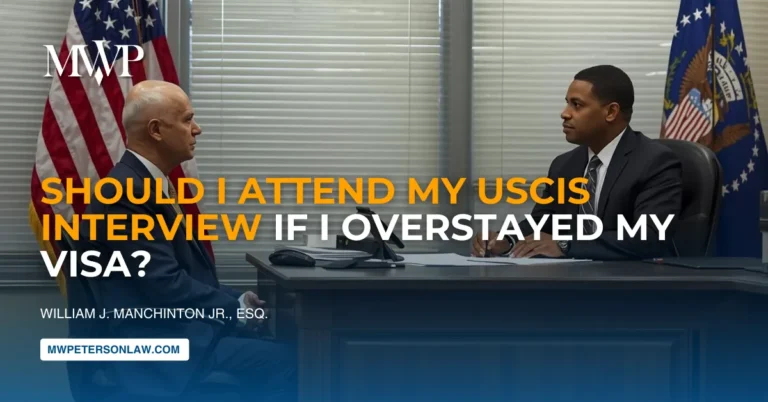Assault and Battery on a Family or Household Member in Massachusetts
Assault and battery on a family or household member is a misdemeanor in Massachusetts for a first-time offense. It can become a felony if you have been previously convicted of the same offense.
Definition of Assault and Battery on a Family or Household Member
A&B on a family or household member means that you hit someone you have a certain relationship with. Specifically, the Commonwealth must prove that you hit someone who is either a spouse, former spouse, someone you have a child in common with, or someone you have a substantive dating relationship with.
This does not include people you live with who you have not had a romantic relationship with. Parents or siblings do not count.
Even if the victim does not want to go forward with the charge, you may still be charged and convicted of assault and battery on a family or household member. The Commonwealth could go forward solely on the 911 call or an excited utterance by the victim.
Can I go to Jail for Assault and Battery on a Family or Household Member?
For a first-time charge, assault and battery on a family or household member can mean a sentence up to 2 and a half years in the house of correction. You could be held in jail pretrial for domestic violence under dangerousness or a high bail.
A first-time domestic violence offense may not mean jail time, depending on the circumstances. However, that does not mean it does not have serious consequences. It can mean loss of your gun rights, immigration consequences, and a criminal record that could hurt your chances of getting a job in the future.
If you have been previously convicted of a domestic violence offense, your second offense could be a felony that carries up to five years in prison.
What are the Defenses to a Domestic Violence Charge?
If you are charged with a domestic violence offense, an attorney can help you defend yourself. The defenses are varied and could include self-defense, misidentification, and that the offense never happened. Generally, a lawyer can look at the victim’s motive to lie, their credibility, and whether there is any other evidence to support the charge.
An experienced attorney can help defend you if you are charged with assault and battery on a family or household member. Without one, it could be much more difficult.
The Law Office of Matthew W. Peterson have successfully represented dozens of people charged with domestic violence offenses. If you are charged with assault and battery on a family or household member, you need an attorney who can help you defend this serious offense. Call or text us at (617) 295-7500, and let’s get started on your defense.
Frequently Asked Questions (FAQs)
What is the process for obtaining a restraining order in Massachusetts?
If you are pulled over, remain calm and polite. You have the right to remain silent and can choose whether to answer questions. It’s advisable to inform the officer if you plan to refuse any tests. Consider contacting a lawyer as soon as possible.











